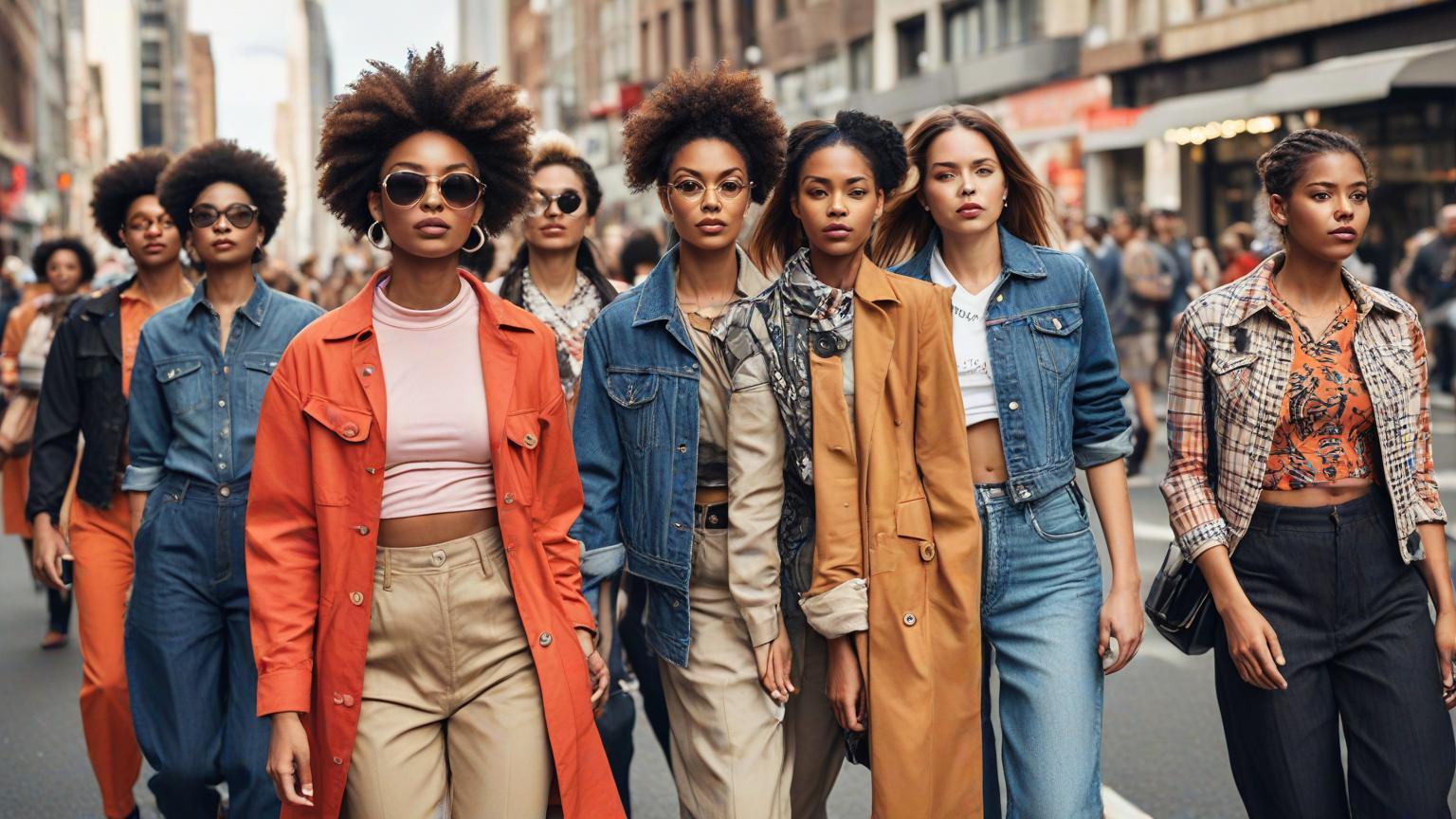In recent years, a resurgence of activism within the fashion industry has caught the eye of many style enthusiasts and social critics. This is not merely a trend but a manifestation of an age-old relationship where fashion has been wielded as a tool for social change. It seems like today's designers and brands are increasingly harnessing their influence to amplify societal issues ranging from environmental sustainability to racial equality.
Fashion activism isn't limited to the runway. It extends to brand campaigns, marketing strategies, and collaborations that seek to broaden our understanding of vital topics. Iconic brands such as Gucci and Stella McCartney have launched initiatives that focus on sustainable practices. Gucci has focused on carbon neutrality, while McCartney's eponymous label leads the charge with vegan-couture alternatives. These movements within high fashion are mirrored in streetwear and independent labels, which often approach activism with a more urgent voice.
Designers like Virgil Abloh have seamlessly integrated activism into their work, using their platforms to challenge systemic inequalities. His tenure at Louis Vuitton reflected an unwavering commitment to diversity, transforming the brand's narrative by including a spectrum of voices not previously acknowledged within the luxury sector.
Grassroots movements thrive within the fashion ecosystem, too. Smaller, independent brands are more agile in their advocacy. Labels like Prabal Gurung use their platform not only to celebrate cultural diversity but also to combat industrial exploitation. By committing to ethically sourced materials and artisanal craftsmanship, these brands present an alternative to the traditional fashion calendar and production model, which is widely criticized for its environmental impact.
Social media accelerates these movements. Platforms like Instagram and TikTok amplify voices that might otherwise be marginalized. Activists and designers engage in dialogues concerning cultural appropriation, labor rights, and the democratization of fashion. Hashtags and viral challenges bring awareness to the general public, who are increasingly demanding that brands embody their purported values.
The dialogue around inclusivity has also seen massive strides. The push for size diversity on the runway, initiated by brands like Chromat and Becca McCharen-Tran's label, signifies a break from the traditional, often exclusionary beauty standards. By showcasing garments on a range of body types, these designers challenge the industry to extend their inclusivity rhetoric to reality.
Yet, as consumers and critics alike are quick to spot any semblance of performative activism. The demand for authenticity is high; brands are scrutinized for their consistency in advocacy, not just during marketing boosts like Pride Month or Earth Day. The public response to performative activism has prompted some vital conversations about brand transparency and accountability.
One of the potent champions of fashion activism is the reimagining of traditional shows. Activists turned designers, such as Aurora James, challenge the existing paradigms by using their runways as platforms for social discourse. Her '15 Percent Pledge', urging retailers to dedicate 15% of their shelf space to Black-owned businesses, reflects how the physical arena of fashion is increasingly being transformed into a battleground for societal reform.
While fashion continues to operate within a capitalist framework, the industry's push towards genuine activism signals a shifting tide. Consumers today are educated and empowered to vote with their wallets, shaping the socio-political landscape through supportive purchasing. As it learns to balance commerce with conscience, the fashion industry's commitment to activism seems poised to redefine luxury as a vehicle for change rather than mere opulence.
This timeless connection between fashion and activism continues to evolve. Each season reveals new opportunities for the industry to champion progressive causes, ultimately enriching the narrative of style itself. As icons and innovators forge new paths, they welcome us to redefine what it means to dress for change.
The timeless connection between fashion and activism

